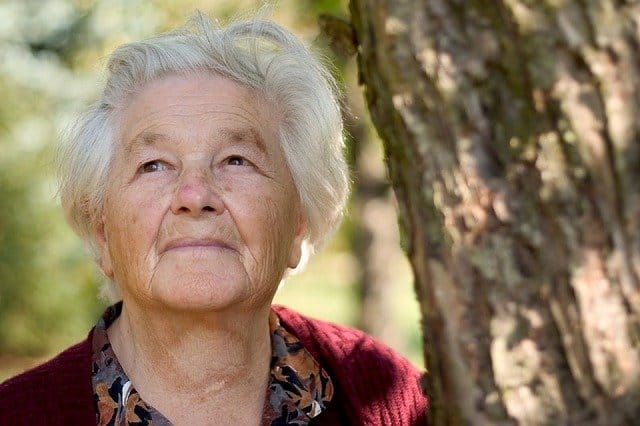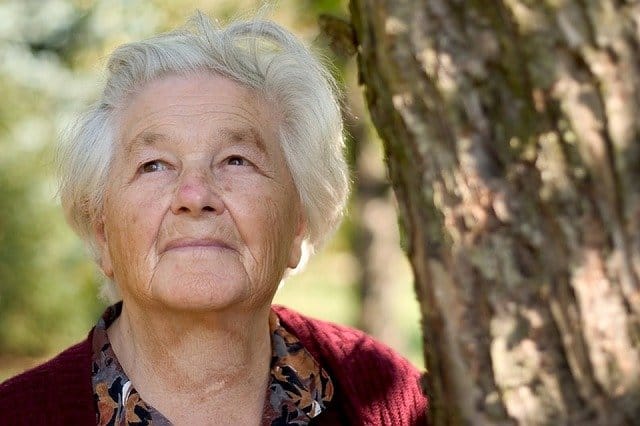
Sleep Disturbances May Contribute to Weight Gain during Menopause
Reduced oestrogen levels in the female body may not be the only risk factor for an increased rate of weight gain associated with menopause. A new study reports that sleep disturbances also contribute to weight gain during menopause.
Addressing sleep symptoms during menopause may reduce susceptibility to weight gain, according to a small study presented virtually at ENDO 2021, the Endocrine Society’s annual meeting.

“Our findings suggest that not only oestrogen withdrawal but also sleep disturbances during menopause may contribute to changes in a woman’s body that could predispose midlife women to weight gain,” said lead researcher Leilah Grant, PhD, of Brigham and Women’s Hospital in Boston, Mass. “Helping women sleep better during menopause may, therefore, reduce the chances a woman will gain weight, which in turn will lower her risk of diabetes and other related diseases.”
The ratio of obesity increase in women close to the average age of menopause. Menopause-related weight gain is often associated with the withdrawal of the female hormone oestrogen. Oestrogen is not the only contributing factor, supported by the fact that all women stop producing oestrogen in menopause while only about half of women gain weight, Grant said.
According to research, another common symptom affecting around half of the women during menopause is sleep disruptions, which has been linked to changes in metabolism rate, which might increase the risk of weight gain. The researchers studied 21 healthy pre-menopausal women to understand better the role of sleep disturbances and hormonal changes in menopausal weight gain. They used an experimental model simulating the sleep disruptions experienced in menopause to examine the effects of inadequate sleep on the body’s consumption of fat.
Members had two evenings of continuous sleep followed by three evenings of interfered with sleep, where they were woken by an alert at regular intervals for 2 minutes each time. The scientists then restudied a subset of nine members in a similar sleep interference convention after being given a leuprolide medication, which briefly smothered oestrogen to levels like menopause.
Contrasted with a typical evening of sleep, following three evenings of upset sleep, there was a considerable decrease in the rate at which the women’ bodies utilized fat. A relative reduction in fat use was likewise seen when oestrogen was smothered, in any event, during normal sleep. The blend of low oestrogen and sleep disturbance also decreased fat use; however, the impact was not more significant than one or the other exposure all alone.
Source: The Endocrine Society
Original Research: The findings will be presented at ENDO 2021





